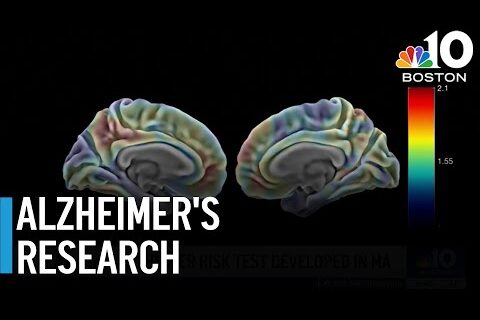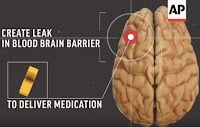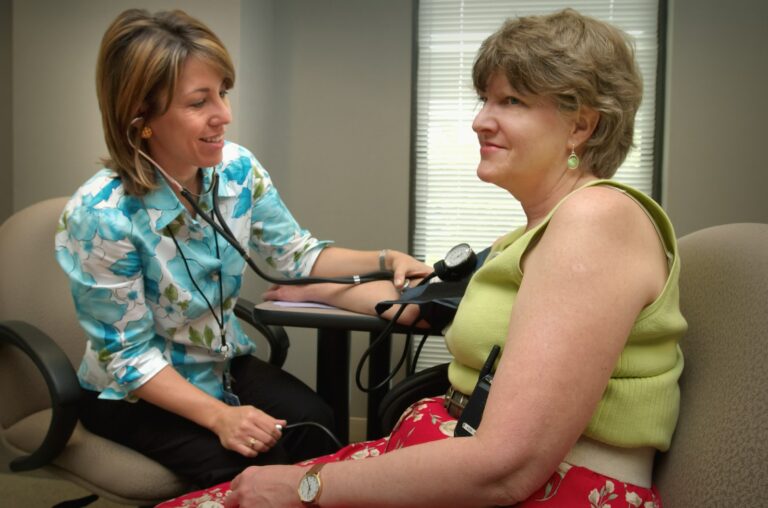When it comes to early detection of cognitive impairment, a new study suggests that the nose knows. Researchers from Mass General Brigham developed olfactory tests—in which participants sniff odor labels that have been placed on a card—to assess people’s ability to discriminate, identify, and remember odors. They found that participants could successfully take the test at home and that older adults with cognitive impairment scored lower on the test than cognitively normal adults. Results are published in Scientific Reports.
“Early detection of cognitive impairment could help us identify people who are at risk of Alzheimer’s disease and intervene years before memory symptoms begin,” said senior author Mark Albers, MD, PhD, of the Laboratory of Olfactory Neurotranslation, the McCance Center for Brain Health, and Department of Neurology at Massachusetts General Hospital, a founding member of the Mass General Brigham healthcare system. “Our goal has been to develop and validate a cost-effective, non-invasive test that can be performed at home, helping to set the stage for advancing research and treatment for Alzheimer’s.”
Albers and colleagues are interested in whether olfactory dysfunction—the sometimes-subtle loss of sense of smell—can serve as an early warning sign for neurodegenerative diseases such as Alzheimer’s disease, Parkinson’s disease, chronic traumatic encephalopathy, and traumatic brain injury. Albers helped found a company that makes the Aromha Brain Health Test, which is the test used by the research team to conduct the current study.
To evaluate the olfactory test, the team recruited English and Spanish speaking participants with subjective cognitive complaints (those with self-reported concerns about memory) and participants with mild cognitive impairment. They compared these participants’ test results with those who had no sense of smell and with cognitively normal individuals.
The research team found that odor identification, memory, and discrimination declined with age. They also found that older adults with mild cognitive impairment had lower scores for odor discrimination and identification compared with older adults who were cognitively normal. Overall, the researchers found that test results were similar across English and Spanish speakers, and participants performed the test equally successfully regardless of whether they were observed by a research assistant.
The authors note that future studies could incorporate neuropsychological testing and could follow patients over time to see if the tool can predict cognitive decline.
“Our results suggest that olfactory testing could be used in clinical research settings in different languages and among older adults to predict neurodegenerative disease and development of clinical symptoms,” said Albers.











